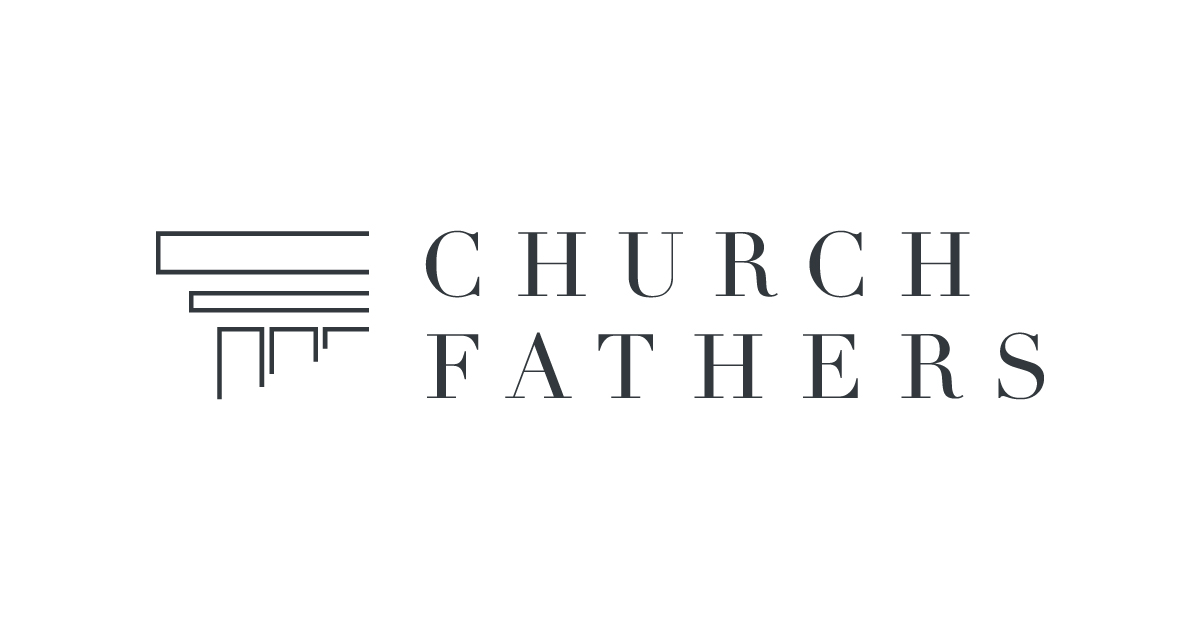That still does not work, because of your phrase I put in bold-underline.
I'll give you an example. I often also use the 19th century British Bible scholar E.W. Bullinger's KJV study Bible he put together. His side margin notes are not like modern study Bibles that you can buy based on the denomination doctrines one likes. Bullinger's scholarship was excellent, but was his understanding perfect? No, of course not.
For example, Bullinger, who lived in the late 1880's had fallen into John Darby's false pre-trib rapture theory, as it was very popular in Bullinger's day in Britian. I consider understanding Christ's Olivet discourse about His declaration of His return to gather His Church immediately AFTER... the tribulation as very simple to understand. Jesus didn't pull any punches with that, no parable, just straight up, that He returns AFTER the tribulation, and not before the tribulation.
So Bullinger, having been the excellent Bible scholar of both Hebrew and Greek, how could he miss what Lord Jesus said that He comes after the tribulation??
And since I really like Bullinger's work he did in The Companion Bible (a KJV Bible with study notes) he put together, does that mean I'm going to deem all his work as corrupt? No, of course not. Nor am I going to believe his side margin belief of a pre-trib rapture theory that he stated, because I well understood what my Lord Jesus said in Matthew 24:29-31 and Mark 13:24-27.
Therefore, understand God's Word as written from asking God's help by The Holy Spirit. And 'verify' what others teach. And just because someone may cover a Biblical matter that we don't agree with, that doesn't always mean they are in error, but that it just hasn't yet been revealed to us by The Holy Spirit. However, simple Scripture, like what Jesus showed about the time of His future return to gather His saints, that is not a Scripture to question, because it so direct, and not in parable form.




